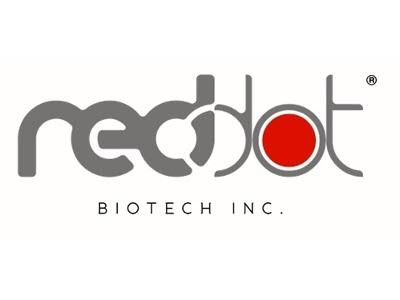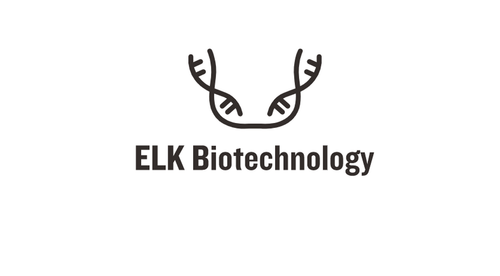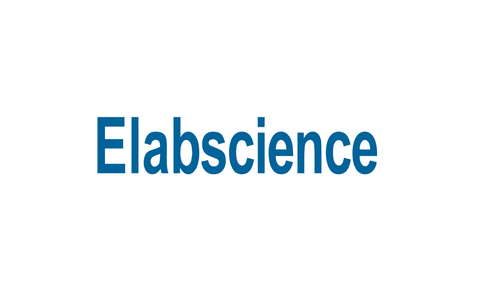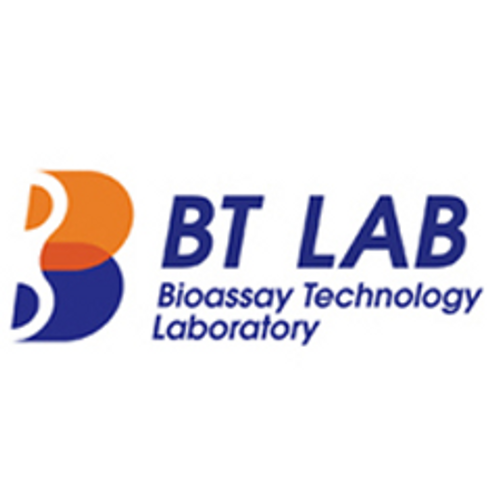Product Description
Human Protein S (PROS) ELISA Kit | AE25753HU | Abebio
Species Reactivity: Human (Homo sapiens)
Abbreviation: PROS
Alternative Name: PSA; PS; PS26; PS21; PS22; PS23; PS24; PS25; VKDPS; VKDP-S; Protein Sa; Vitamin K Dependent Protein S
Application: ELISA
Range: 62.5-4000 pg/mL
Sensitivity: 27.7 pg/mL
Intra-Assay: ≤6.0%
Inter-Assay: ≤11.7%
Recovery: 1, 02
Sample Type: Serum, Plasma, Other biological fluids
Detection Method: Sandwich
Analysis Method : Quantitive
Test Principale: This assay employs a two-site sandwich ELISA to quantitate PROS in samples. An antibody specific for PROS has been pre-coated onto a microplate. Standards and samples are pipetted into the wells and anyPROS present is bound by the immobilized antibody. After removing any unbound substances, a biotin-conjugated antibody specific for PROS is added to the wells. After washing, Streptavidin conjugated Horseradish Peroxidase (HRP) is added to the wells. Following a wash to remove any unbound avidin-enzyme reagent, a substrate solution is added to the wells and color develops in proportion to the amount of PROS bound in the initial step. The color development is stopped and the intensity of the color is measured.
Product Overview: Protein S is a vitamin K-dependent plasma glycoprotein synthesized in the endothelium. In the circulation, Protein S exists in two forms: a free form and a complex form bound to complement protein C4b. The best characterized function of Protein S is its role in the anti coagulation pathway, it functions as a cofactor to Protein C in the inactivation of Factors Va and VIIIa. Only the free form has cofactor activity. Protein S can bind to negatively charged phospholipids via the carboxylated GLA domain. This property allows Protein S to function in the removal of cells which are undergoing apoptosis. Apoptosis is a form of cell death that is used by the body to remove unwanted or damaged cells from tissues.
Stability: The stability of ELISA kit is determined by the loss rate of activity. The loss rate of this kit is less than 5% within the expiration date under appropriate storage condition. The loss rate was determined by accelerated thermal degradation test. Keep the kit at 37°C for 4 and 7 days, and compare O.D.values of the kit kept at 37°C with that of at recommended temperature. (referring from China Biological Products Standard, which was calculated by the Arrhenius equation. For ELISA kit, 4 days storage at 37°C can be considered as 6 months at 2 - 8°C, which means 7 days at 37°C equaling 12 months at 2 - 8°C) .
 Euro
Euro
 USD
USD
 British Pound
British Pound
 NULL
NULL












